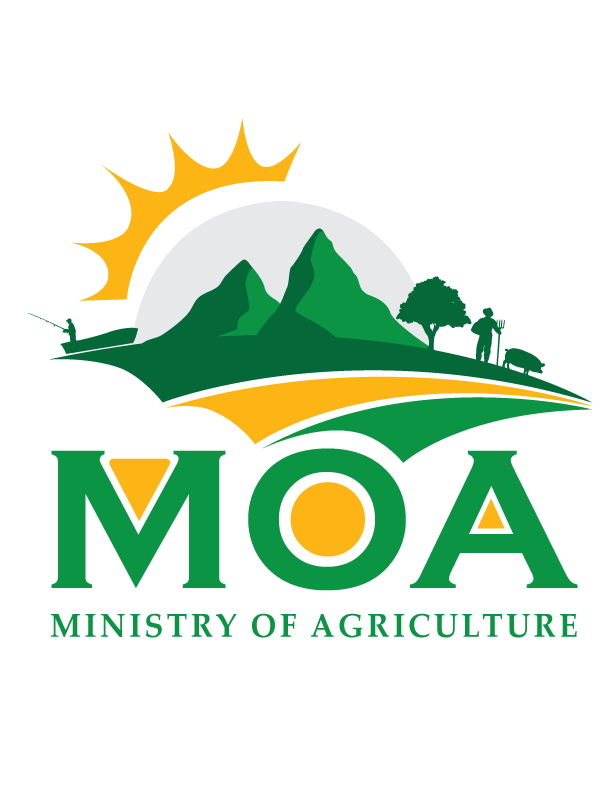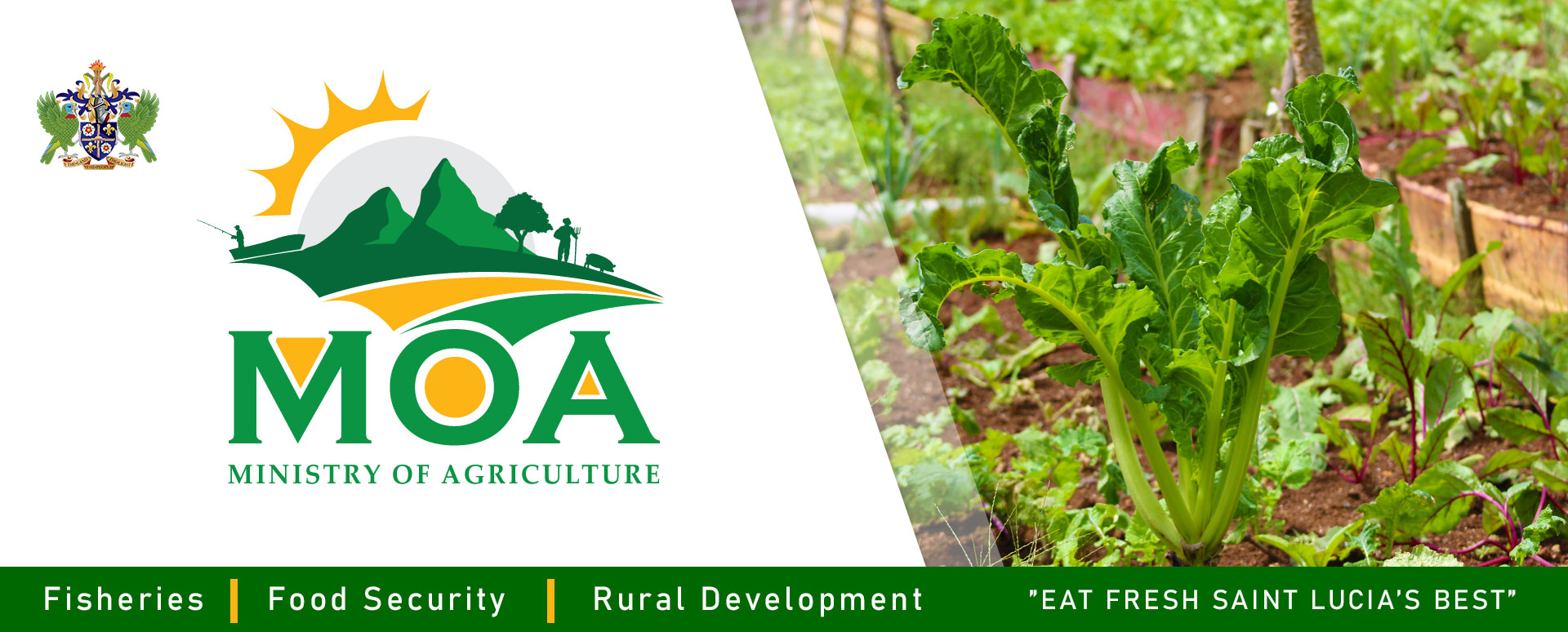
Farmer Field School (FFS) on Cucumber Production
June 08th 2024
Efforts to combat crop diseases and promote sustainable agriculture continue under the ACP-MEAs 3 program, as a cohort of farmers participated in a Farmer Field School with a focus on cucumber production.
Approximately 50 farmers have engaged in a Farmer Field School (FFS) being deliver region 7 focused on cucumber production as part of the European Union-funded Capacity Building Programme related to Multilateral Environment Agreements (ACP-MEAs 3), coordinated and facilitated by the Food and Agriculture Organization in collaboration with local Crop Protection Officers and Extension Officers throughout the OECS. This initiative aims to bolster sustainable agriculture and promote integrated pest management (IPM) to address the powdery mildew currently being faced in cucumber production. The training, which took place over a one week period is a follow-up to the FFS Facilitator Refresher Training held in June 2023 and the implementation of two FFS programs in Regions 1&2 and Region 6 focusing on tomato and cabbage production.
Master Trainer of the Farmer Field School Program explains that the training emphasizes techniques that minimize the use of harmful pesticides while maximizing crop yield and health. Using a hands-on approach, the program facilitates the sharing of information between farmers and sector experts.
“Last year, we were here to train extension officers in this methodology, which focuses on getting farmers to learn how they do best. What we realized is that we have been conducting training and visits, but in most cases, we don’t know if the farmers are learning effectively. So now, we find farmers with similar problems, develop a training program based on the assessment, and the training comes from the farmers and is for the farmers.”
Laura Francis, a facilitator who is also attached to the research department of the Ministry of Agriculture, says that focusing on sustainable practices and IPM not only enhances productivity but also ensures environmental conservation for future generations. She notes that the enthusiasm and commitment from the farmers are a testament to the effectiveness of this approach.
“The farmers are true researchers; they were able to identify pests, different insects, and various disease symptoms. It has been a tremendous week, and I hope what I have learned can be transferred to other facilitators and farmers through extension.”
As the FFS sessions progress, it is expected that the lessons learned and best practices will be scaled out through the OECS, contributing to a more sustainable and productive agricultural sector across the Caribbean.

